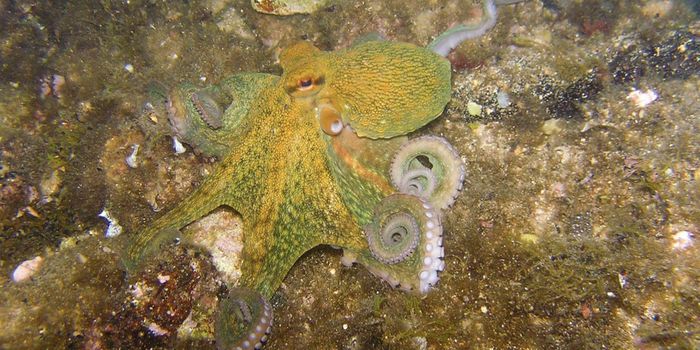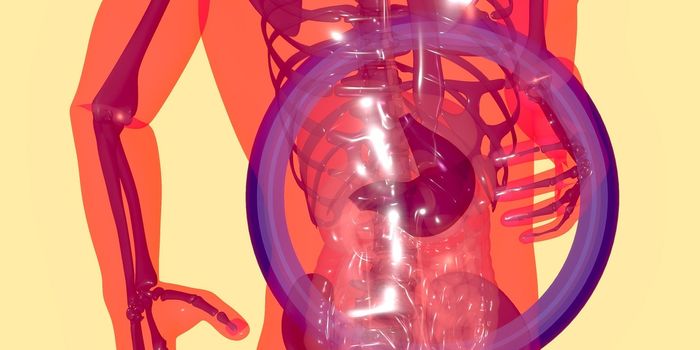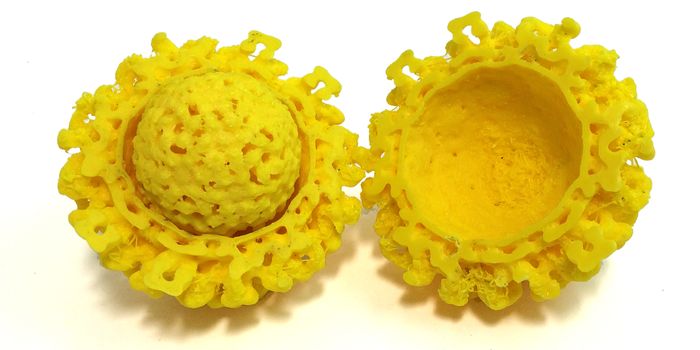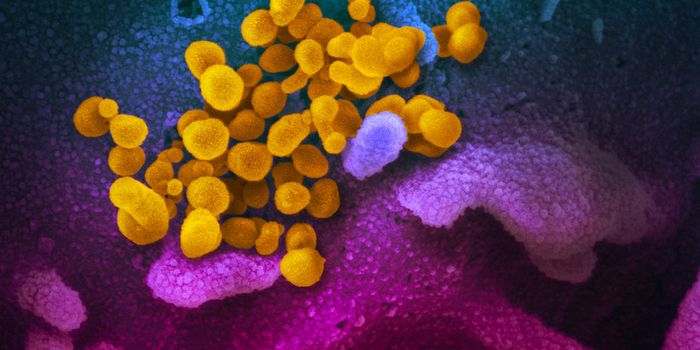The Lasting Impact of the Childhood Diet
It seems that if we don't eat healthy foods as children, it can have a lifelong, negative impact on our health and well-being, even if we start to consume healthier foods later on. New work, which used a mouse model, suggested that at a younger age, food consumption lays the foundations of our microbiome - the community of microbes that we carry in our guts.
The mounting evidence is practically irrefutable at this point: the many bacteria, fungi, and viruses that call our gastrointestinal tracts home have a significant influence on human biology. Research has connected some specific strains of bacteria with certain diseases, and it's also shown that gut microbiomes that contain more diverse mixtures of microbes are linked to better health, while low levels of diversity have been associated with disease.
This new research, which was reported in the Journal of Experimental Biology has indicated that eating excess amounts of fat and sugar at a young age can disrupt the microbiome permanently by reducing both the number of bacteria and the diversity of the community, even when a better diet is adopted later.
"We studied mice, but the effect we observed is equivalent to kids having a Western diet, high in fat and sugar, and their gut microbiome still being affected up to six years after puberty," explained UCR evolutionary physiologist Theodore Garland.
In this work, the researchers put mice into one of four groups based on their diet and exercise. Some mice were fed what's considered a standard, healthy diet, while another group of mice was fed a Western diet, which is high in fat and sugar. Half of each group was given access to a running wheel to exercise, and the other half of each group was not. If given access to one, mice will happily run all night on a running wheel without stimulation.
After three weeks, all of the mice were then given a standard diet and did not have access to running wheels. After fourteen weeks of this standard diet had elapsed, the researchers assessed the diversity and abundance of gut bacteria in the mice.
They found that the levels of Muribaculum intestinale bacteria, which metabolize carbohydrates, went up in mice that were given a standard diet and a running wheel.
But in mice given a Western diet, the levels of some bacteria including Muribaculum were reduced significantly, whether they had access to a running wheel or not, and even after all those weeks on a standard diet. The researchers suggested that this type of bacteria is part of a family of microbes that affect how much energy gets to the host. Other work will be needed to confirm that.
A different research study has indicated that the levels of some very similar species of bacteria go up after exercise, so the increase seen by the researchers may have been due to the exercise alone. This work also suggested that a Western diet in early life tended to have a longer impact on the microbiome than exercise did.
The team is planning to continue this research; they want to look at other time points to learn more about the changes in the microbiome.
So what's the bottom line? Garland said: "you are not only what you eat, but what you ate as a child!"
Sources: AAAS/Eurekalert! via University of California - Irvine, Journal of Experimental Biology









